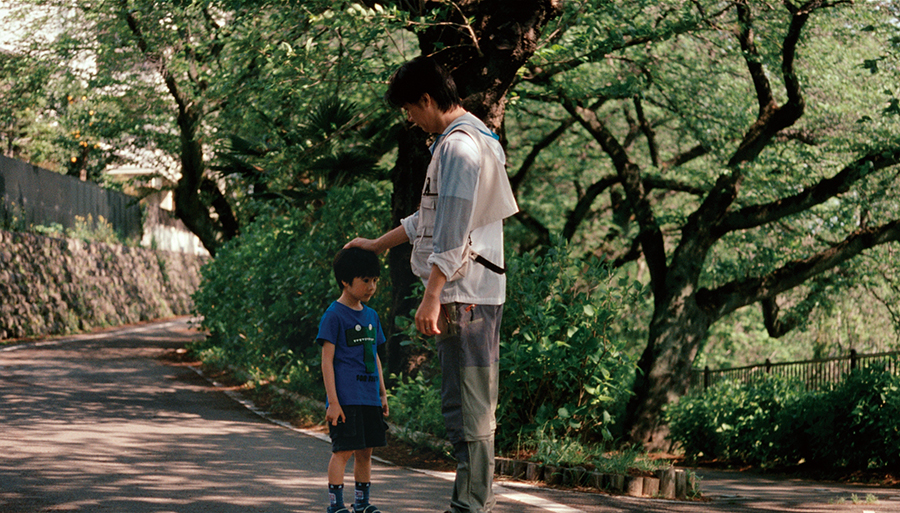
On April 25, Filmworks will open the 2014 Fresno Film Festival with the Japanese family drama “Like Father, Like Son.” Directed by Japanese writer and director Hirokazu Kore-eda, the film tells the story of Ryota, a hard-working perfectionist who begins to question his role as a father after learning life-changing news.
Ryota and his wife discover that the hospital mistakenly gave them the wrong baby and that their 6-year-old son is, in fact, not their son. With this revelation, Kore-eda delicately presents Ryota as feeling forced to choose between the son he has raised for the past six years and the son who has been raised by another family—but is biologically his.
Loyal Filmworks audience members will recognize Kore-eda’s quiet but masterful work.
In 2012, his film “I Wish” graced the Filmworks summer lineup and immersed viewers in the tale of brothers Koichi and Ryunosuke. They dream for their divorced parents to reconcile so that they can once again live together as a single family.
In a recent interview with by the film site The Dissolve, Kore-eda talked about his philosophy of cinematic art and why his films end up possessing such a patient and strong sense of family melodrama.
“In my filmmaking,” he said, “one of the things I am trying to do consciously is to show the things in our daily lives that seem banal and ordinary, but that are actually very, very special. Maybe it requires some kind of major event to see those things we often overlook.”
Preceding these two Kore-eda films, Filmworks has screened two other Japanese pictures: “Tokyo Sonata” and “Howl’s Moving Castle.”
In 2009, “Tokyo Sonata” followed a seemingly ordinary Japanese family. Beyond the surface, however, the family teeters on the verge of collapse due to each person’s own secret–undisclosed troubles that threaten to disintegrate their life together.
The film is directed by Kiyoshi Kurosawa, who is most well known to international audiences for his work on horror films and crime thrillers. (Kiyoshi Kurosawa is not related to Japanese master director Akira Kurosawa, the most famous of all Japanese directors and the godfather of samurai films.) “Tokyo Sonata” won more than a dozen awards, including the Jury Prize, Un Certain Regard, at the Cannes Film Festival.
In 2005, Filmworks screened its first Japanese film: the Hayao Miyazaki animated masterpiece Howl’s Moving Castle.
Based on the novel of the same name by British writer Diana Wynne Jones, the movie takes audiences on a fantastic adventure as it tells the love story between an 18-year-old girl named Sophie, who is cursed by a witch into an old woman’s body, and a magician named Howl. Under the curse, Sophie sets out to seek her fortune, which takes her to Howl’s strange moving castle.
Directed by Miyazaki–the Academy Award-winning director most well known for anime-style films such as “Spirited Away” and the recent “The Wind Rises”–the film went on to gross $190 million in Japan and $235 million worldwide, making it one of the most financially successful Japanese films in history. “Howl’s Moving Castle” was also nominated for an Oscar.
With “Like Father, Like Son,” Filmworks hopes films like these paint a much more complete picture of Japan.
Analise Villalobos studies Mass Communication and Journalism at Fresno State. She currently serves as the Filmworks marketing intern.
